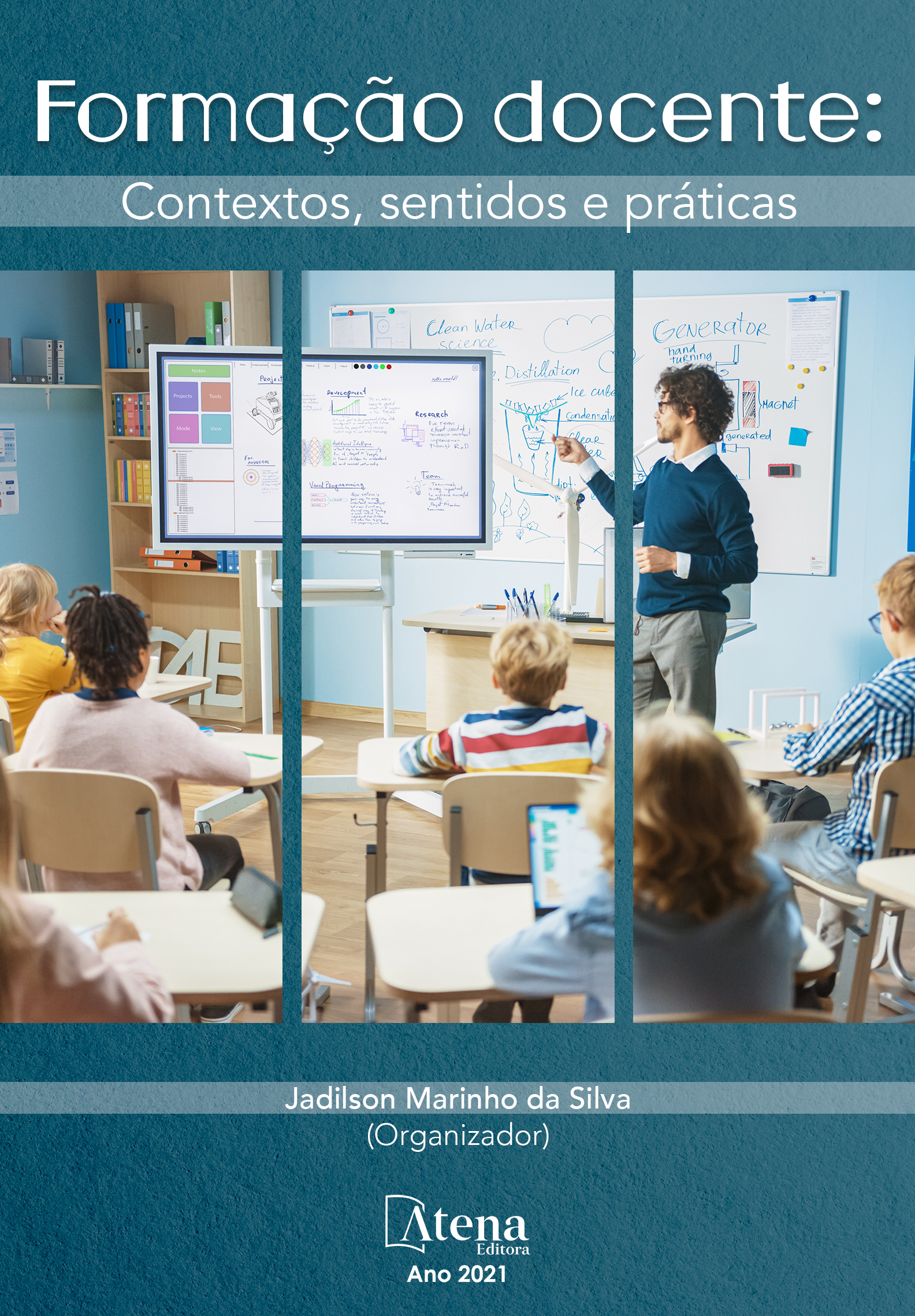
LA METODOLOGÍA DE LA INDAGACIÓN Y LAS SITUACIONES DIDÁCTICAS, UNA RUTA PARA LA FORMACIÓN DEL PENSAMIENTO MATEMÁTICO ESCOLAR
El texto que se presenta es fruto de un estudio cualitativo que permitió interpretar la apropiación de la metodología de la indagación y las situaciones didácticas, al diseñar e implementar unidades para la enseñanza y el aprendizaje de la organización de datos y la representación de fraccionarios. Se caracterizó la práctica docente de cinco maestrantes para lo cual se registró en vídeo el desarrollo de las sesiones de clase que, junto con la visión retrospectiva, y dos instrumentos:
Uno para rastrear la práctica docente en marco de la competencia científica, la secuencia didáctica y la interactividad; y el segundo, según la metodología de la indagación; se hizo la codificación selectiva con apoyo del software Atlas.ti, se analizaron las coocurrencias entre los datos arrojados por los dos instrumentos que reflejaron las actuaciones de los docentes en el aula.
Se concluye que el diálogo entre estudiantes y docente con el saber contribuye a la construcción conjunta de significados y sentidos del saber matemático. Propiciar espacios de participación y socialización de procesos y resultados que involucran a los estudiantes en un trabajo tanto individual como colaborativo y que favorece la formación del pensamiento matemático escolar. La pregunta y la retroalimentación se convierten en dispositivos didácticos que fortalecen la toma de decisiones asertivas para dar el siguiente paso en la solución de situaciones de aprendizaje.
Saber activar y relacionar los saberes previos con nuevos aprendizajes, es una competencia clave para implementar las situaciones didácticas en un ambiente de trabajo autónomo determinado en la metodología de la indagación. La elaboración de material como andamiaje para involucrar a los estudiantes y motivarlos a saber buscar y elegir información, se convierten en potentes instrumentos para fortalecer la metacognición.
LA METODOLOGÍA DE LA INDAGACIÓN Y LAS SITUACIONES DIDÁCTICAS, UNA RUTA PARA LA FORMACIÓN DEL PENSAMIENTO MATEMÁTICO ESCOLAR
-
DOI: 10.22533/at.ed.54021161210
-
Palavras-chave: enseñanza de la matemática, metodología de la indagación, situaciones didácticas
-
Keywords: mathematics teaching, inquiry methodology, didactic situations
-
Abstract:
The text that is presented is the result of a qualitative study that allowed to interpret the appropriation of the inquiry methodology and the didactic situations when designing and implementing units for the teaching and learning of the organization of data and the representation of the fractional numbers. The teaching practice of five teachers was characterized for this the development of the class sessions was recorded on video which together with the retrospective vision and two instruments:
One to track the teaching practice within the framework of scientific competence, the didactic sequence and interactivity; and the second one according to the methodology of the inquiry; select coding was done with the support of the Atlas.ti software, the co-occurrences between the data thrown by the two instruments that reflected the actions of the teachers in the classroom, were analyzed.
It is concluded that the dialogue between students and teachers with the knowledge, contributes to the joint construction of meanings and also meanings of mathematical knowledge. Promote spaces for participations and socialization of processes and results, involves students in both individual and collaborative work that favors the formation of school mathematical thinking. The questions and feedback become didactic devices that strengthen assertive decision making to take the next step in solving learning situations.
Knowing how to activate and relate previous knowledge with the new learnings, is a key competence to implement didactic situations in an autonomous work environment determined in the inquiry methodology. The elaboration of material as scaffolding to involve the students and motivate them to know how to look for and choose information, become powerful instruments to strengthen metacognition.
-
Número de páginas: 15
- Héctor Gerardo Sánchez
- Vivian Uzuriaga


